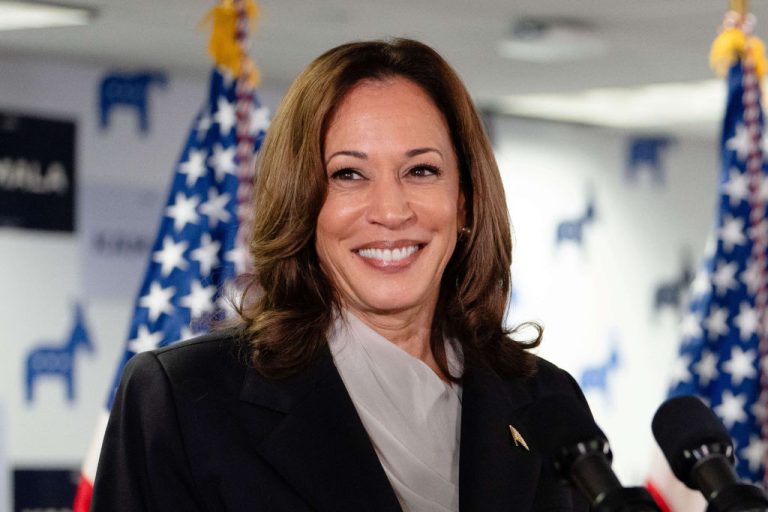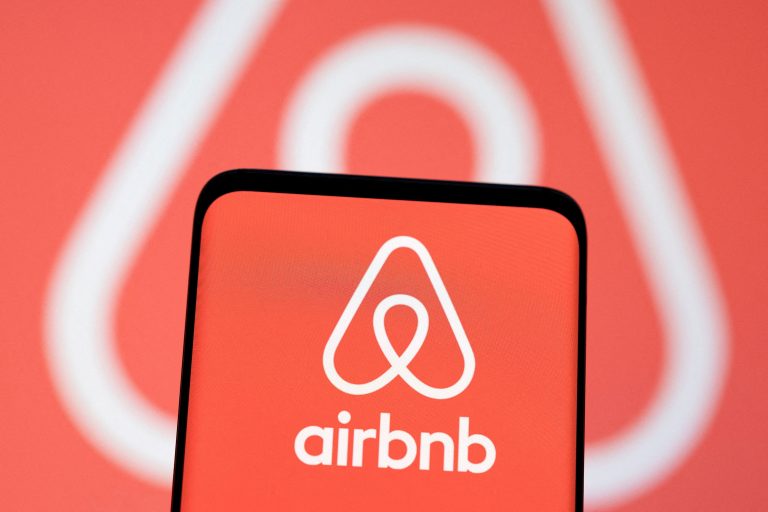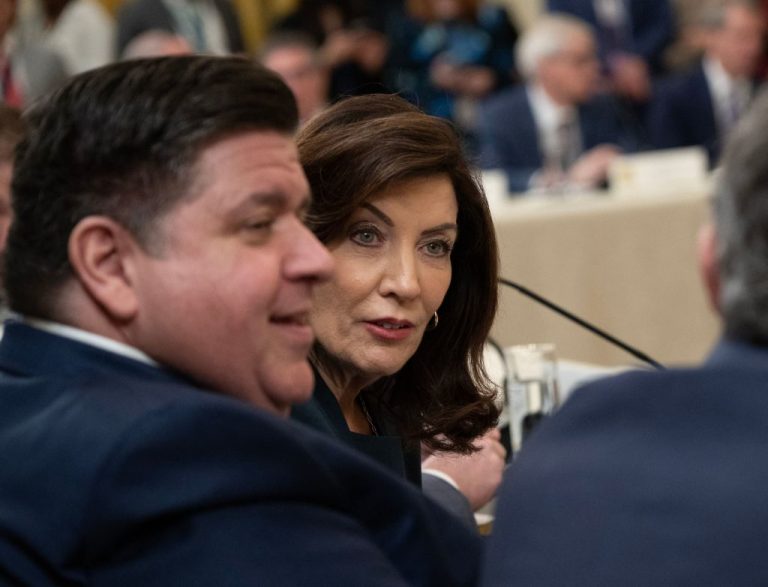Following an announcement by President Joe Biden that he has dropped out of the presidential race, Vice President Kamala Harris, appears to have secured enough delegates to be the Democratic nominee at the time of writing.
According to reporting by CNN, Harris is now backed by more than 1,976 pledged delegates, more than what she would need to win the nomination on the first ballot at the Democratic National Convention scheduled for next month.
Endorsements piled on immediately following Biden’s announcement that he had dropped out of the race, however, these endorsements are not yet binding and delegates are still free to vote as they please.
In a statement from her campaign headquarters on Monday, July 22, Harris said, “Tonight, I am proud to have secured the broad support needed to become our party’s nominee, and as a daughter of California, I am proud that my home state’s delegation helped put our campaign over the top. I look forward to formally accepting the nomination soon.”
According to a plan tabled by Democratic officials on Monday, delegates are expected to vote virtually to confirm Harris as the nominee by August 7.
Success
You are now signed up for our newsletter
Success
Check your email to complete sign up
It’s typical that the Democratic National Committee has a clear candidate identified prior to the in-person convention, which for this election cycle begins on August 19.
READ MORE:
- US State Department Vows Action Against Communist China’s Persecution of Falun Gong
- Global Tech Outage Disrupts Industries and Travel Worldwide
- Elon Musk Plans to Donate 45 Million Dollars a Month to New Pro-Trump PAC, Wall Street Journal Says
Who could be her running mate?
While it is still not yet official that Harris will be the nominee as of press time, talk is beginning about who she could possibly choose as her running mate.
Topping the list is Kentucky Gov. Andy Beshear.
Beshear, 46, has won two gubernatorial contests in a state that largely voted for Trump in the 2020 presidential election.
He regularly touts his record of bringing jobs to the state, supporting public education, and expanding healthcare access. As governor, he vetoed legislation banning abortion, legislation that was eventually overridden by the Republican-dominated legislature.
Pete Buttigieg, who served as Biden’s transportation secretary, is also being talked about as a potential running mate for Harris.
Buttigieg, 42, is believed to have the ability to energize many staunch Democrats, but may not be as attractive to undecided older voters.
He attended Harvard University, and served a stint in the U.S. navy, including a deployment to Afghanistan.
His home state is Michigan, a critical state to win come this November.
Texa Rep. Joaquin Castro, North Carolina Gov. Roy Cooper, Arizona Sen. Mark Kelly, Illinois Gov. J.B. Pritzker, and Pennsylvania Gov, Josh Shapiro, have all been mentioned as possible running mates for Harris.
READ MORE:
- Europe Needs Way to Price Critical Minerals Independently of China, European Group Says
- Trump Undeterred Following Assassination Attempt, Forges Ahead in White House Bid
- US Supreme Court Rules Presidents Have ‘Some Immunity’ From Criminal Prosecution
Some democratic heavyweights holding back
As Democrats from across the country coalesced around Harris following Biden’s announcement that he was dropping out of the race, some key Democrats, while wishing Biden the best, stopped short of endorsing Harris.
Most notably was former president Barack Obama.
In a statement on Sunday Obama, omitting any mention of Harris, said, “I have extraordinary confidence that the leaders of our party will be able to create a process from which an outstanding nominee emerges.”
How quickly, and seemingly without any debate, that Harris became considered the Democratic nominee has rattled some and key Democrats may be holding back an endorsement in favor of a traditional process.
Paul Quirk, a professor of political science at the University of British Columbia told the Canadian Broadcasting Corporation (CBC), “I think they want to give the impression that the party gets the chance to make a decision without it being dictated by the elites of the party.”
“I’ve seen no grounds for thinking that any of them actually would oppose her candidacy and, in particular, there hasn’t been anyone else who seems likely to emerge,” he added.
Chuck Schumer, the majority leader, and Hakeem Jefferies, the minority leader, issued a joint statement saying that Harris was off to a “great start” but initially stopped short of outright endorsing her.
They said that they delayed their endorsement out of respect for Harris’ desire to earn the nomination “from the grassroots up, not the top down.”
However, on July 23, in a press conference Schumer said, “So now that the process has played out, from the grassroots bottom up, we are here today to throw our support behind Vice President Kamala Harris.”
Kevin Boyle, an American history professor at Northwestern University, believes the Democratic Party wants people to believe that their party’s nominee was chosen under party rules.
“They want to look as if they have the situation under control. What you don’t want is a nominee — and this is what happened to Hubert Humphrey — getting the nomination while the circumstances are chaotic around them,” Boyle said.







